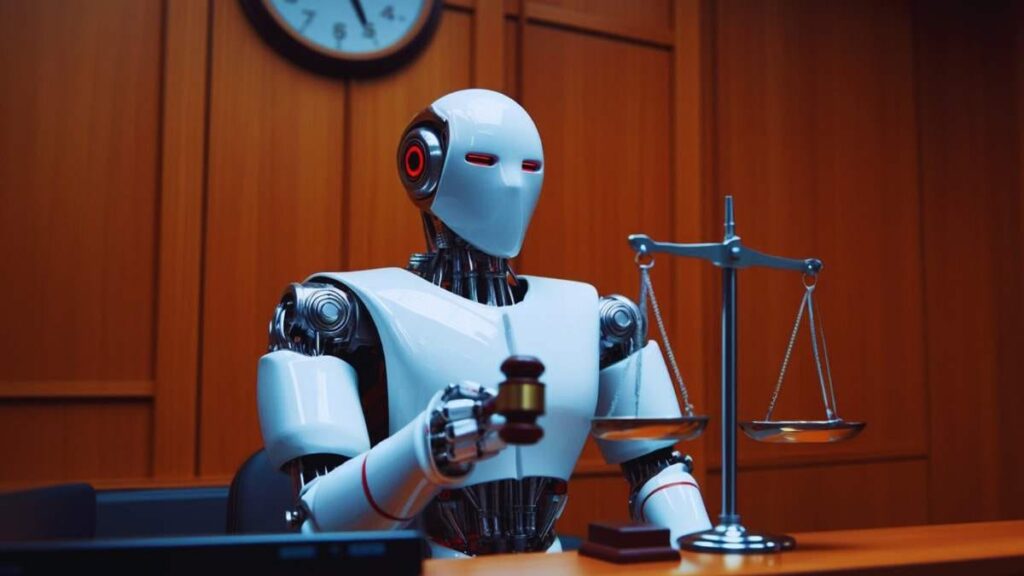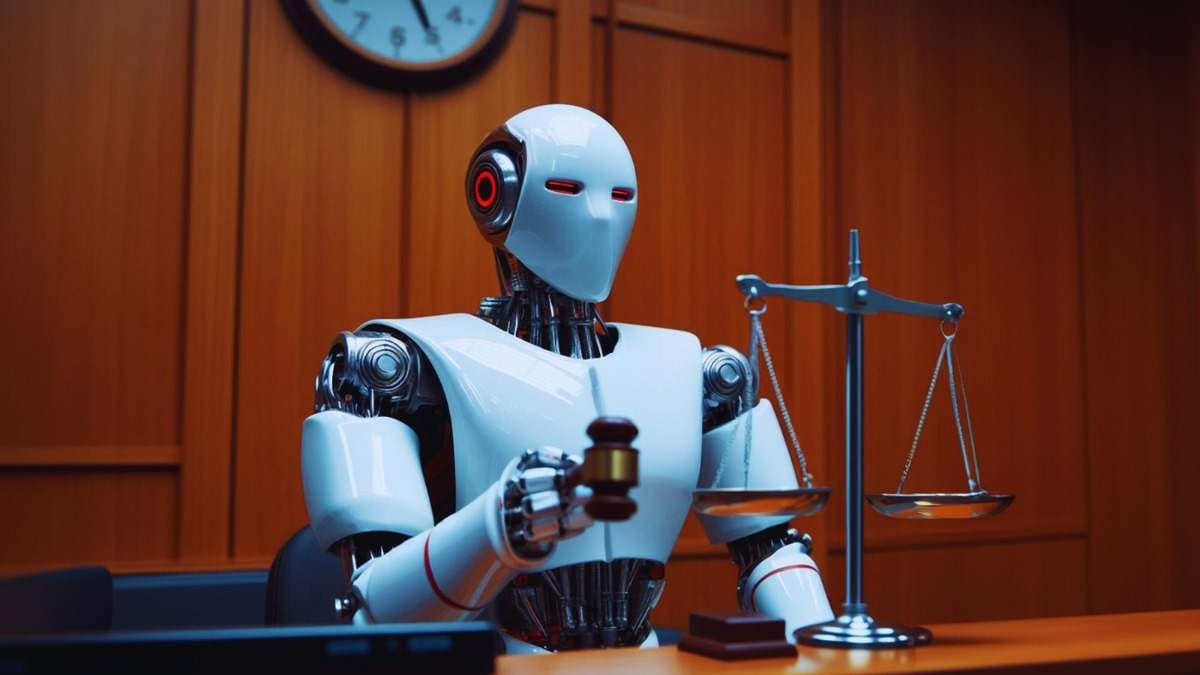California has long been a hub for technological innovation, but the rapid rise of artificial intelligence (AI) has sparked serious concerns about safety and ethics. Recently, Governor Gavin Newsom made waves by vetoing the California AI Safety Bill (SB 1047), which sought to regulate advanced AI systems.

This decision has prompted a vigorous debate on how to balance innovation with public safety. Stakeholders are now engaging in discussions about crafting effective regulations that protect citizens without hindering the AI industry’s growth. As California moves forward, the conversation around the California AI Safety Bill will be vital in shaping future AI policies.
The Details of the California AI Safety Bill
The California AI Safety Bill SB 1047 sought to establish a framework for regulating advanced AI models. It proposed safety testing for AI systems that either cost over $100 million to develop or require significant computational resources. Moreover, the bill mandated developers to outline “kill switch” methods, enabling them to disable AI models when necessary. This provision was aimed at ensuring a level of control over AI systems that are becoming increasingly sophisticated and autonomous.

One of the more ambitious elements of the bill was the creation of a state entity dedicated to overseeing the development of “Frontier Models,” which are AI systems that surpass current capabilities. The author of the bill, Democratic State Senator Scott Wiener, emphasized the urgency of this legislation, asserting that as AI technology advances, the risks associated with it become more pronounced.
Opposition from the Tech Industry
Despite the bill’s intentions, it faced strong opposition from major players in the tech industry. Companies like Google, Microsoft-backed OpenAI, and Meta voiced concerns that the California AI Safety Bill could stifle innovation and push AI development out of the state. The Chamber of Progress, a tech coalition, praised Newsom’s veto, arguing that a competitive and open tech economy is essential for California’s growth.
In a statement, Newsom acknowledged the complexities of a “California-only approach” to AI regulation, especially in the absence of federal oversight. This sentiment reflects a broader concern that over-regulation at the state level could lead to unintended consequences, including the potential exodus of tech firms from California.
Proponents of Regulation
While many in the tech industry opposed the California AI Safety Bill, there were notable proponents, including Tesla CEO Elon Musk, who runs the AI firm xAI. Musk and others argue that the benefits of stringent regulations could outweigh the potential downsides. Amazon-backed Anthropic, for example, stated that while they supported the bill, certain aspects still raised concerns.
After the veto, Wiener criticized the decision, stating that it leaves the public vulnerable. He warned that without binding regulations, companies developing powerful AI technologies would face no constraints, making it crucial to take action before a catastrophe occurs.
Alternatives to the Bill
In response to the concerns raised by the veto, Newsom has indicated his intent to collaborate with experts to establish “workable guardrails” for AI development. He has tasked state agencies with conducting thorough assessments of potential risks posed by generative AI to California’s critical infrastructure. These assessments are vital as generative AI continues to evolve, raising questions about job displacement, misinformation, and ethical use.
Additionally, Newsom noted the need for a scientific and empirical analysis of AI systems, suggesting that future regulations should be informed by data and expert insights rather than political pressures. This approach aims to strike a balance between innovation and safety, ensuring that the interests of the public are safeguarded without stifling technological advancement.
The Future of AI Legislation in California
While the veto of the California AI Safety Bill has raised concerns about the state’s regulatory landscape, it has also opened up discussions about the need for a comprehensive framework that addresses the challenges posed by advanced AI technologies. As federal legislation in Congress has stalled, California finds itself in a unique position to pioneer effective AI regulations.

The dialogue surrounding the California AI Safety Bill text and its implications will likely continue as stakeholders from various sectors engage in discussions about the future of AI in the state. Newsom has promised to work with the legislature during the next session to develop more informed regulations, indicating that this issue remains a priority.
What is the California AI Safety Bill (SB 1047)?
The California AI Safety Bill aimed to set rules for advanced AI systems, requiring safety testing for models that cost over $100 million to develop.
Why did Governor Newsom veto the bill?
Governor Newsom vetoed the bill because he believed it could stifle innovation and emphasized the need for a broader approach to regulation.
How does the veto impact AI development in California?
The veto has sparked important discussions about finding a balance between ensuring safety and encouraging innovation, leading to potential future regulations for the AI industry.

